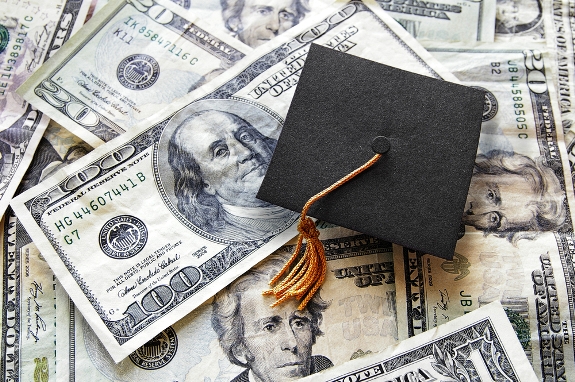President Obama’s June 15 “deferred action” announcement is good not only for the 1.4 million unauthorized children and young adults who have been granted a temporary reprieve from deportation, but also good for the U.S. economy. Each year, tens of thousands of unauthorized students graduate from primary or secondary school, often at the top of their classes. They have the drive and intelligence to become doctors, nurses, teachers, and entrepreneurs, but their lack of legal status has prevented them from attending college or working legally. The President’s deferred action initiative has finally provided them with an opportunity to live up to their full potential and, in the process, earn more, spend more, and pay more in taxes.
Consider the following:
- Beneficiaries of the President’s announcement will have access to greater educational opportunities and better jobs, which in turn means more taxable income. A study by the College Board found that, over the course of his or her working life, the average college graduate earns in excess of 60% more than a high-school graduate, and workers with advanced degrees earn two to three times as much as high-school graduates.
- A RAND study from 1999 shows that raising the college graduation rate of Hispanics to that of non-Hispanic whites would increase spending on public education by 10% nationwide, but the costs would be more than offset by savings in public health and benefits, as well as by increased tax revenues resulting from higher incomes. For example, a 30-year-old Mexican immigrant woman with a college degree will pay $5,300 more in taxes and use $3,900 less in government expenses each year compared to a high-school dropout with similar characteristics.
- Immigrant workers, like all workers, spend their wages in U.S. businesses—buying food, clothes, appliances, cars, etc.—which sustains the jobs of the workers employed by those businesses. Moreover, businesses respond to the presence of new workers and consumers by investing in new restaurants, stores, and production facilities. The end result is more jobs for more workers.
- A report from the Federal Reserve Bank of San Francisco points out that “immigrants expand the U.S. economy’s productive capacity, stimulate investment, and promote specialization that in the long run boosts productivity,” and “there is no evidence that these effects take place at the expense of jobs for workers born in the United States.”
- Currently, only 5-10% of unauthorized high-school graduates go to college, and most unauthorized youths are forced to work illegally in the cash economy as domestic servants, day laborers, and sweatshop factory workers. The President’s initiative will create a strong incentive for unauthorized students to remain in school until graduation, would make them lawfully eligible to work, and would ultimately help fill positions like teachers and nurses—positions that have long been in demand in the United States.
In short, any policy that encourages more young people in the United States to get college degrees is a boon to the economy. Education translates into higher pay in the workforce, which translates into more tax revenue for federal, state, and local governments, as well as more disposable income to be spent in U.S. businesses. The President’s deferred action initiative will encourage hundreds of thousands of unauthorized youths to improve their lives, and to give back more to the country they call home.
Photo by zimmytws.
FILED UNDER: Children, DACA, Deferred Action, Department of Homeland Security, Executive Branch, Students, undocumented immigration



